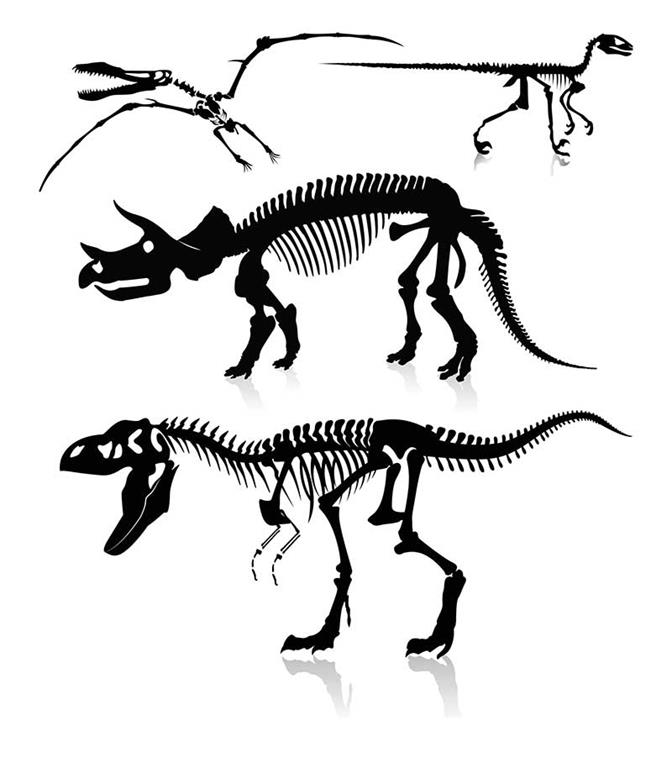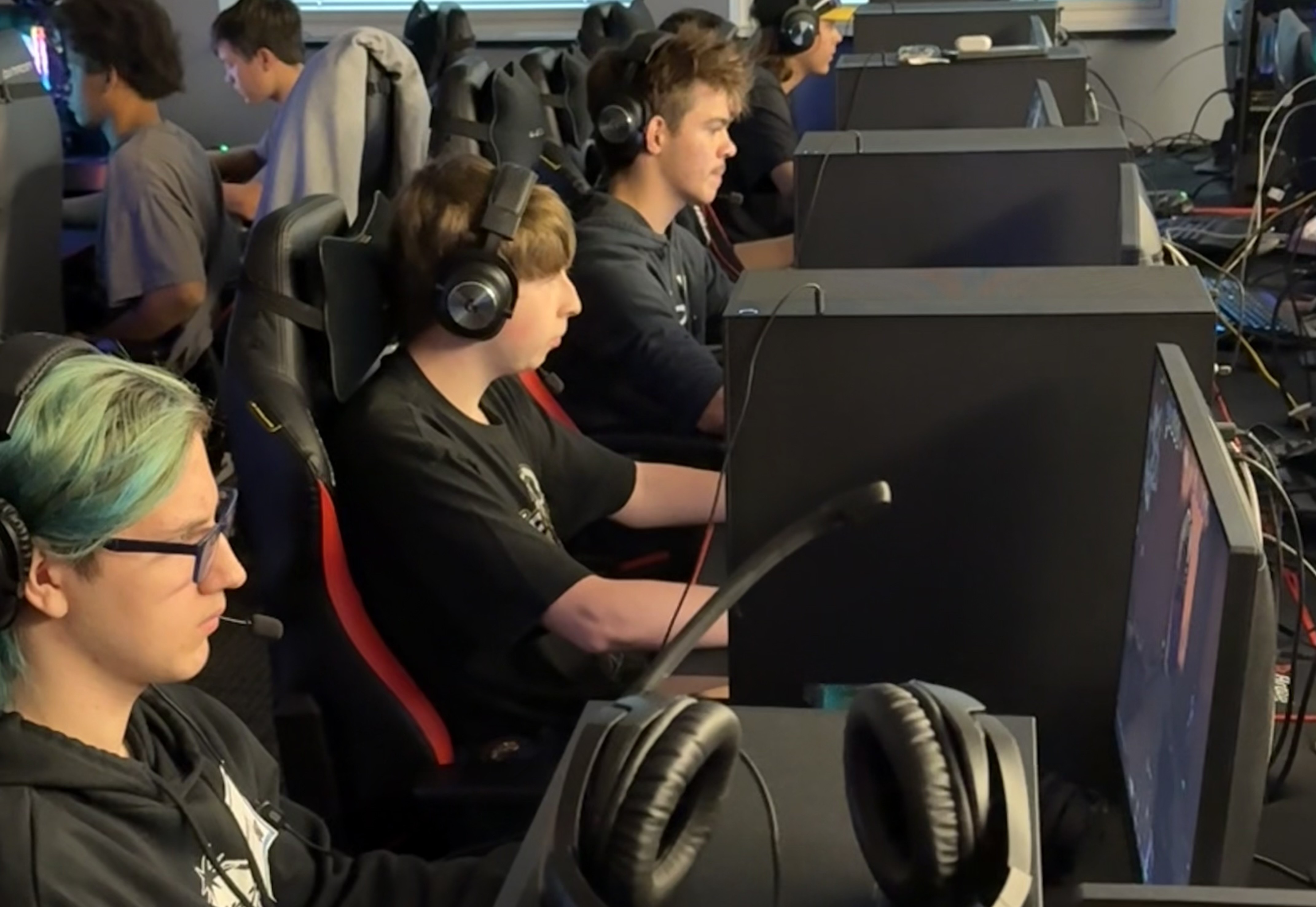Make a Difference in the World as a Citizen Scientist
By
Shelly Terrell
published

- Where do I find projects?SciStarter.com – conduct searches for projects related to your subject. For each project find a description, the recommended age groups, the time commitment, and the platform (mobile or web).Zooniverse.org– conduct searches, but not as many projects listed as SciStarter.
- What’s involved?Some require registration and others don’t. All are free to register.Some projects take a few minutes, while others take longer.Some projects require outdoor data collection (field research) and others are completed online.Students contribute in many ways, including by completing surveys, transcribing, playing online games, collecting measurements, archiving, reading maps, identification, and much more.Students are given tutorials with instructions and examples so they know how to complete the task.Students are also given toolkits with tools to assist them in their research. These toolkits might provide maps, keys, programs, and more.Students complete the task and can signup for updates on the project. Most of these projects take years to complete, but they do show statistics and data to indicate progress.
- These are some great citizen science projects for reading, writing, and grammar.OVER– Help specify the semantics of the preposition over by answering survey questions.Gameswithwords.org/quizzes– Take 3 (Vocabulary, listening, and which English) quizzes to help contribute to research.Small World of Words– Contribute to this large-scale scientific study that aims to build a mental dictionary or lexicon in the major languages of the world.Lingscape (iOS/Android App)- Lingscape is an app for researching linguistic landscapes all over the world by collecting photos of signs and lettering on an interactive map.Verb Corner-Play a game to help scientists answer- Why are the rules of grammar the way they are? What do words and sentences mean?Hungry Mindlab moo-Q iOS App– Allows you to monitor your mood and brainpower by recording your positive and negative affects, memory ability, and processing speed.Project Describe– Volunteers to help the American Museum of Natural History create descriptions for over 30,000 images on their website.Mark2cure.org and Asknature.org are projects in which students are asked to read small passes and answer questions related to the reading passages.
- These citizen science projects involve transcribing historic and ancient documents-Anno.tate.org.ukTranscription.si.edu/browse?filter=all&sort=notdoneNotesfromnature.orgOldweather.orgArchives.gov/citizen-archivist
Challenge: Get students to contribute their learning to meaningful research as citizen scientists.
cross posted at teacherrebootcamp.com
Shelly Terrell is an education consultant, technology trainer, and author. Read more at teacherrebootcamp.com.
Tech & Learning Newsletter
Tools and ideas to transform education. Sign up below.
TOPICS
Shelly Terrell is an education consultant, technology trainer, and author. Read more at teacherrebootcamp.com
MORE FROM TECH & LEARNING...
